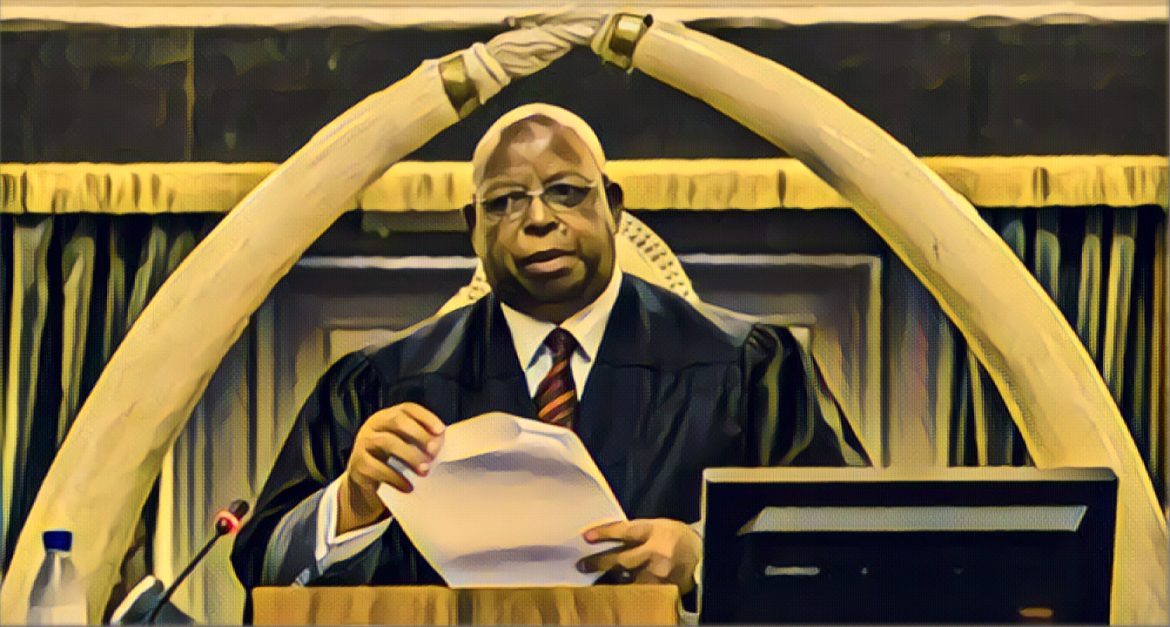Zimbabwean lawmakers have urged the government to show compassion to thousands of people who are being evicted, arrested, and fined for occupying land illegally. The legislators said the timing of the crackdown was wrong, as the country is still grappling with a deadly cholera outbreak that has killed over 450 people since last year.
A humanitarian disaster
The issue of illegal settlements has been a contentious one in Zimbabwe, where land reform policies have resulted in the redistribution of millions of hectares of land from white farmers to black Zimbabweans since 2000. However, many of the beneficiaries have not received proper documentation or support from the authorities, and some have resorted to invading land that belongs to other people or the state.
According to the Zimbabwe Human Rights Commission, more than 12,000 families have been affected by the evictions, which began in November 2023. The commission said the evictions violated the rights of the settlers to adequate housing, health, food, and water, and exposed them to the risk of contracting cholera and other diseases.
The commission also said the evictions were carried out without due process, consultation, or alternative accommodation for the affected people. Some of the settlers have been living on the land for over a decade, and have invested in infrastructure, crops, and livestock.
The government has defended the evictions, saying they are necessary to restore order, protect the environment, and prevent the spread of cholera. The government has also accused some of the settlers of being aligned to the opposition and engaging in illegal mining and poaching activities.
A plea for empathy
However, some lawmakers have challenged the government’s stance, saying the evictions are inhumane and insensitive. They have called for a moratorium on the evictions until the rainy season and the cholera epidemic are over, and for the government to provide alternative land and compensation for the settlers.
One of the lawmakers, Tsitsi Zhou, said the government should treat the illegal settlers the same way, whether they are in urban or rural areas, and with empathy to achieve the desired results.
“We need to appreciate the population growth and the government should treat illegal settlers the same way, whether they are in urban or communal areas with empathy to achieve the desired results,” Zhou said.
Another lawmaker, Maxwell Mavhunga, said the enforcement of the law was not the issue, but the timing of the enforcement.
“It is during the rainy season and people have nowhere to go. We are in a pandemic where there is cholera and people are being displaced at this particular time. We have people on farms who are being evicted when they have planted their crops and they are told to leave within seven days,” Mavhunga said.
A way forward
The lawmakers have urged the government to engage in dialogue with the settlers and other stakeholders, and to find a lasting solution to the land question. They have also asked the government to expedite the issuance of title deeds and leases to the beneficiaries of the land reform program, and to provide them with adequate inputs and services.
The government has said it is working on a comprehensive land audit and a new land policy that will address the challenges and gaps in the land reform program. The government has also said it is committed to ensuring that every Zimbabwean has access to land and a decent livelihood.
The evictions have also drawn the attention of the international community, which has expressed concern over the humanitarian and human rights implications of the situation. The United Nations and other agencies have called for a halt to the evictions, and have offered to assist the government and the settlers in finding a peaceful and durable solution.
Source: New Zimbabwe


